Catholics believe the pope is infallible because Jesus Christ promised that "the powers of death" would not prevail against the Church He would build on Peter (cf. Matt. 16:18-19). Catholics view Peter's successor, the Bishop of Rome or the Pope, as possessing the charism of infallibility: the divine protection of the Holy Spirit preventing him from officially teaching error. This gift is necessary in light of Christ’s promise in Matthew 16:19; for if God is to confirm in heaven the commands of Peter on earth, then Peter must be given special grace to keep him from issuing commands that are contrary to the will of God. To put it another way, if it is possible for the leader of the Church to make an erroneous teaching binding upon the faithful, then the Church lacks the divine stability assured her by Christ, who promised “the powers of death shall not prevail against it.”
Not everything the Pope says or writes is infallible, but only those things that are pronounced ex cathedra (Latin, “from the chair”). In order for a statement to be considered ex cathedra certain criteria must be met. The Pope must intend to address the whole Universal Church, and not merely a segment of it, such as a crowd gathered in Saint Peter’s Square. The Pope’s statement must involve faith or morals. Comments on other subjects, such as economics, history, politics, or science, do not qualify. The Pope must intend to render an irrevocable decision that will be binding on the faithful. Because disciplinary actions, such as the establishment of a fast, banning of a book, or censure of a group or individual, can be reversed, they cannot be considered ex cathedra. Finally, the Pope must speak with full consent of the will without coercion. Each of these criteria must be met in order for a papal statement to be considered infallible.
It is often wrongly assumed the Pope’s personal failings disprove his infallibility. But infallibility has to do with universal teaching, not personal conduct. Again, the sinfulness of the Church’s leaders does not nullify their authority, nor in the case of the Pope does it affect his ability to infallibly define doctrine. The Church stands not because of the personal holiness of her leaders, but because of Christ’s promise to send the Holy Spirit to guide her “into all the truth” (John 16:13).
This having been said, accusations leveled against the papacy are often grossly exaggerated. It is often implied the majority of popes were great sinners when in fact the overwhelming majority have been men of extraordinary and even heroic virtue. In fact, each of the first thirty popes, beginning with Peter himself, died as martyrs for Christ. Critics have found it advantageous, nevertheless, to highlight the immorality of a few popes over the sanctity of the many. Catholics have never denied the Pope is a sinner in need of salvation like the rest of us. What we insist upon, however—and what history bears out—is that no pope has ever officially taught error on faith and morals, nor contradicted the ex cathedra decision of a predecessor or council. Each case from history which opponents will use against the papacy, when freed from distortion and taken in context, demonstrates the miraculous integrity of Catholic doctrine in spite of the all-too-human nature of the Church’s leaders.
